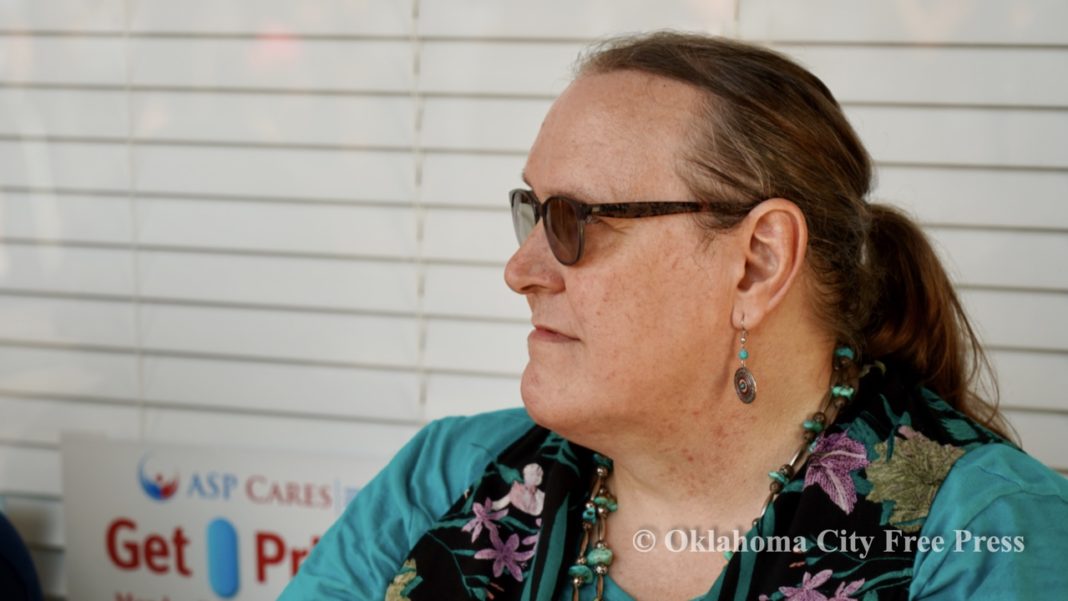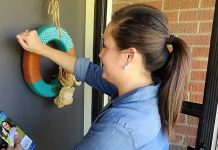Last Updated on January 5, 2024, 12:58 AM | Published: April 3, 2021
Paula Sophia Schonauer, LCSW, continues a serial memoir with this second installment. If you haven’t read the earlier parts of this series take a look:
- Manhood, from the inside out — Memoir and Mythology;
- Manhood from the inside out, part 2 — Cubby Hole
- Manhood from the inside out, part 3 — Magic Carpet Cocoons
Child advocates and behavioral health professionals have learned that the impact of trauma on children’s lives is profound, manifesting in multiple ways: developmental delays, problems with emotional regulation, core identity issues, difficulty with personal relationships, and cognitive issues that often resemble attention deficit hyperactivity disorder (ADHD).
Looking back upon my childhood, I can see how my father’s violence impacted me and how his behavior created divisions in our family that have lasted through the present day.
This being stated, I have not placed blame on my father for creating the conditions that influenced the formation of my gender identity.
For one thing, my awareness of having a female identity predates memories of my father’s violence and/or my mother’s attempts to protect me from him. However, I do know that being unable to conform to gender role expectations in my early years complicated my ability to focus in school, social development, and emotional regulation.
In other words, I was a crybaby, emotionally triggered by the slightest hint of disapproval from Mom and Dad. I could not tolerate teasing, even playful teasing. I was very serious, sincere, and rigid, trying to understand the world in absolute terms of good and evil, wrong and right, and I wanted, always, to be good.
I couldn’t even play like I was a villain. I had to be the good guy, every time, to compensate for how wrong I felt, an inclination that has never left me.
In addition to emotional burdens, I couldn’t quite understand how to play with boys. They were rougher than I would have preferred, dirtier in general, and mischievous, things that did not align with my rigorous attitudes about good and bad. It broke my heart when Grandma read Mother Goose nursery rhymes one evening.
“What are little boys made of?” she asked.
I didn’t know what to say. Images flooded my mind, stuff like bones and blood, ears, noses, and eyes.
Grandma adjusted her glasses and lifted the large book in her lap. She smiled when she looked at me. “You don’t know?”
I didn’t say anything because I didn’t want to give a wrong answer.
“Snips and snails and puppy-dogs’ tails.”
I shuddered with revulsion, a cold dread. I knew what snails were. I watched Dad pour salt on one in the backyard one day, horrified to see it writhe in pain and wither into its shell. Dad smeared his finger on some slime behind the snail and rubbed it on my arm. It was sticky like glue, and I shivered with revulsion, running into the house to clean it off. Dad called after me, “You little sissy!”
I couldn’t be made of snails, and whatever snips were, they must have been awful. As for puppy dogs’ tails, I shuddered to think there were little tails inside of me, wagging and struggling to get out, burrowing through my body like carnivorous worms.
“What are little girls made of?” Grandma asked. I remember a smirk on her face, and she narrowed her eyes.
I waited for the answer, hoping it would be something gross, too, but I knew it wouldn’t be, couldn’t be bad.
“Sugar and spice and everything nice. That’s what little girls are made of.”
I knew I was doomed.
Feeling wrong, uncomfortable in my skin, and suffering from traumatic reactions, I felt that life was like walking a tightrope, so easy to lose balance, so far to fall. Every step, every breath, had to be deliberate, intentional, and correct. If I messed up, I knew I would lose the love and affirmation I craved. And I messed up a lot. I asked questions, so many questions, always needing clarification, but the answers I received so often amounted to, “Because I said so.” No explanation, no reasoning, just because ….
This caused me a lot of trouble because I really needed to know the answers because my life depended upon them. When I didn’t get answers, I would argue, and when I argued, I got spanked and banished to my room. Before long, the cubbyhole became a refuge, and when we moved to a different house, a closet or attic.
I loved the quiet and the fantastic images my mind made when I closed my eyes real tight and opened them again in the dark. I guess I was waiting for rebirth, connecting to unconscious, prenatal memories and basking in the comfort of a womb-like environment.
When I went outside to play, most of the kids in the neighborhood were older than me, all of them but a little girl named Karen. She lived two houses down from mine, and she smiled at me when she and her mom walked past our house while I was in the front yard playing one day. I wanted to be her friend.
Soon, I got the chance when she and her mom stopped by our house for a visit. Our moms talked while we stared at each other with shy smiles. I liked her hair, gold and long, pulled back with berets and a ponytail that bobbed back and forth when she turned her head. She wore shorts and a t-shirt with little flowers and Keds, just like mine.
Before long, we were playing in the backyard, raking fresh cut grass into what resembled a floorplan for a house: living room, kitchen, bedrooms, and a bathroom. She was my primary playmate that summer,
One day, when I went to her house to play, her dad answered the door. He looked down at me, gruff with a gravelly voice, “She can’t play with you anymore,” he said. His face was mean, frowning, and he had a bushy mustache, dark eyes glaring with hatred.
“Why?”
“Because you’re queer.” He shut the door.
I didn’t know being queer meant. Puzzled and exasperated, I went to my hiding place to cry. I had done something wrong, yet again.
When I look back, now, I understand how I was marked by trauma, and how vulnerability made me an easy target for the kind of people who would exploit me, bully me. It was like a brand emblazoned upon my forehead.
Guest Columnist Paula Sophia is a licensed clinical social worker in Oklahoma City and a former Oklahoma City Police Officer.







